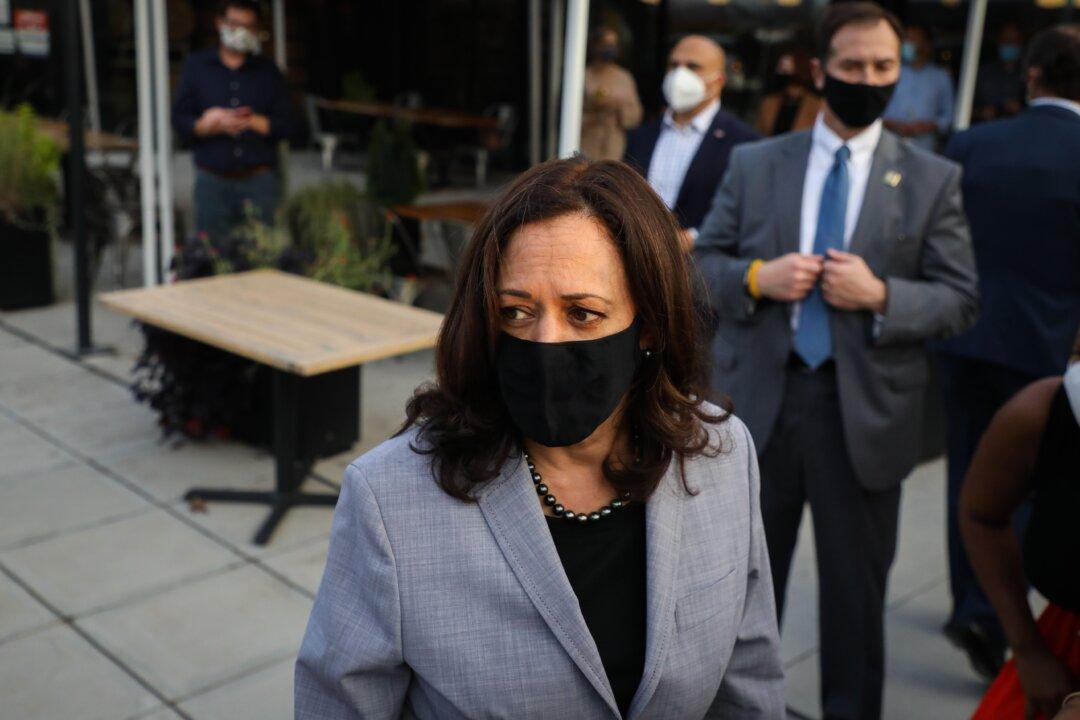Democratic vice presidential nominee Sen. Kamala Harris (D-Calif.) late Sept. 28 refused to shoot down the idea of expanding the Supreme Court, following the lead of Democratic presidential nominee Joe Biden.
Top Democrats, including Sen. Ed Markey (D-Mass.) and House Judiciary Chairman Jerry Nadler (D-N.Y.), have said the party should add seats to the Supreme Court if it gains enough power in the upcoming Nov. 3 election.





